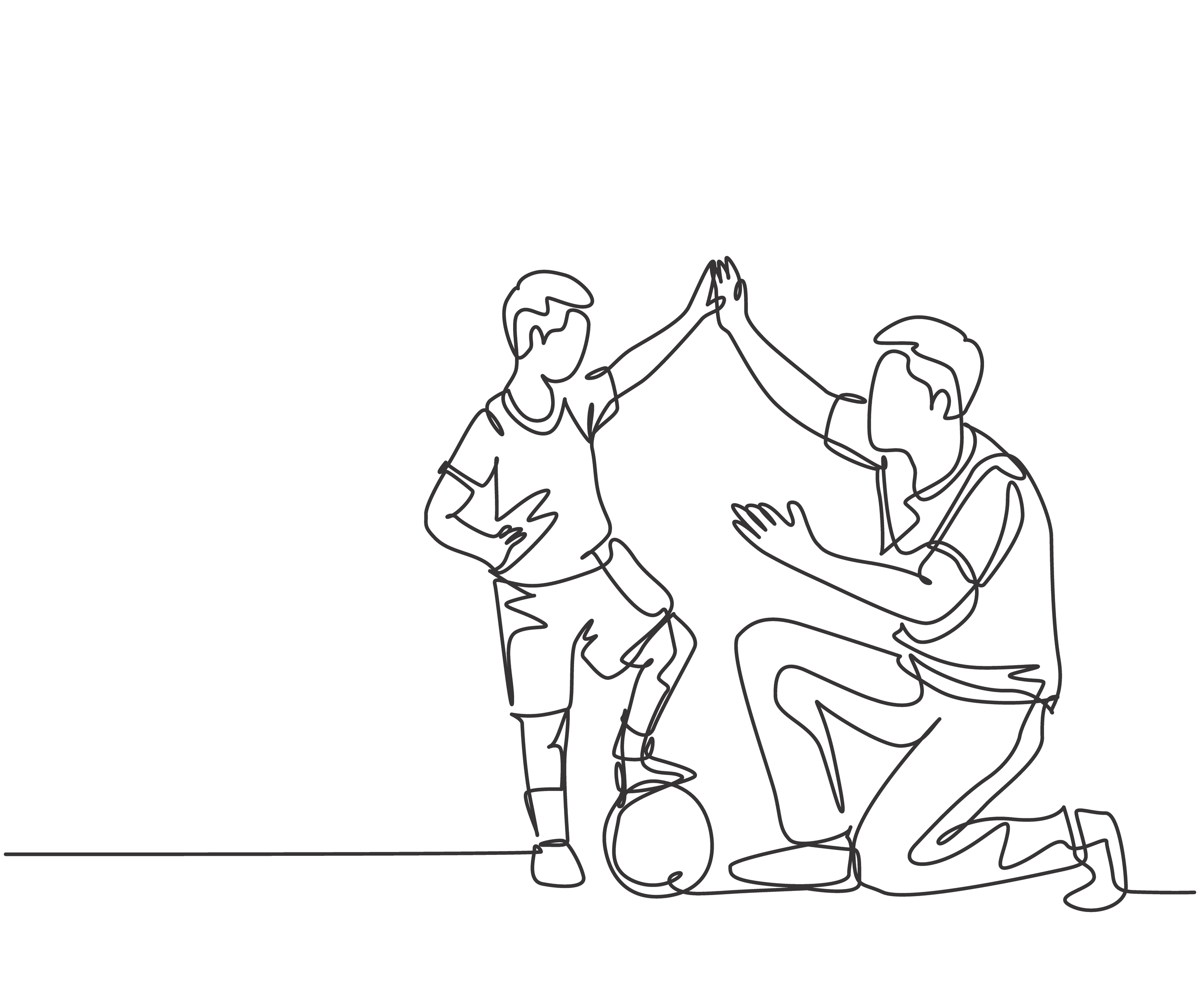Global Developmental Delay (GDD)
What is Global Developmental Delay (GDD)?
GDD is a diagnosis given when a child under the age of 5 shows significant delays in two or more developmental domains: motor skills, speech/language, cognitive development, social/personal development, and daily living activities.
How is GDD different from intellectual disability?
GDD is a term typically used for children under 5. After age 5, if delays persist, the diagnosis may transition to intellectual disability (ID), depending on cognitive assessments.
How common is Global Developmental Delay?
GDD affects approximately 1-3% of children worldwide, but estimates vary depending on criteria, access to healthcare, and screening practices.
What causes Global Developmental Delay?
GDD can be caused by genetic disorders, prenatal exposure to toxins or infections, birth complications, metabolic disorders, or unknown causes in many cases.
Is GDD genetic or inherited?
It can be. Some children have identifiable genetic or chromosomal abnormalities (e.g., Down syndrome, Fragile X). Genetic testing may be recommended.
Can prematurity cause GDD?
Yes. Babies born prematurely, especially before 32 weeks, are at higher risk for developmental delays.
Does environmental exposure contribute to GDD?
Yes, exposures to lead, alcohol, drugs, or lack of stimulation can impact development.
What are the early signs of GDD?
Delayed milestones like not sitting, walking, speaking, or interacting socially within expected age ranges.
At what age can GDD be diagnosed?
GDD is usually identified between 6 months and 3 years, depending on the severity and type of delay.
How is GDD diagnosed?
Diagnosis is made through developmental assessments, observation, and sometimes genetic/metabolic testing. A pediatric neurologist, developmental pediatrician, or clinical psychologist often conducts the evaluation.
Are there different types or severities of GDD?
Yes. Severity varies from mild delays in a few areas to severe, global impairments affecting most aspects of development.
Can GDD be cured?
GDD is not typically “curable,” but early intervention can significantly improve a child’s functioning and development.
What treatments are available for children with GDD?
-
Treatment depends on the child’s needs and may include:
-
Behavioral therapy
-
Special education services
Can children with GDD attend regular school?
Some can, with support or accommodations (e.g., an ), while others may benefit more from specialized educational settings.
How can parents help a child with GDD at home?
-
Provide a structured, stimulating environment
-
Practice daily routines and skill-building exercises
-
Engage in play-based learning
-
Collaborate with therapists and educators
Do children with GDD catch up to their peers?
Some do, especially with early intervention. However, many continue to show developmental challenges and may be diagnosed with Intellectual Disability or another condition later.
What is the long-term prognosis for GDD?
It varies based on the cause, severity, and response to therapy. Some children lead relatively independent lives, while others require lifelong support.
Is GDD lifelong?
For many children, delays persist into school age and beyond. Some improve significantly; others may develop further diagnoses such as autism or intellectual disability.
How is GDD different from autism?
Autism is a neurodevelopmental disorder with core symptoms in social communication and restrictive/repetitive behaviors. GDD involves broader developmental delays and may or may not include autism. The two can co-occur.
Can GDD be confused with speech delay?
Yes, but GDD affects multiple areas, while isolated speech delay typically impacts only language.
What does current research say about GDD?
Research is ongoing in:
-
Genetic testing and early detection
-
Neuroplasticity and brain development
-
Effectiveness of early intervention therapies
-
Technological tools (e.g., apps, robotics) for therapy
Are there any new treatments or interventions for GDD?
New tools include AI-assisted therapy, parent-led interventions, and customized digital learning platforms. Research into gene therapy and brain stimulation techniques is still in early stages.
What support is available for families of children with GDD?
-
Early intervention programs
-
Support groups and parent networks
-
Governmental or nonprofit disability services
-
Special education advocacy
Can children with GDD live independent lives as adults?
It depends on the individual. With the right support and education, some achieve partial or full independence, while others need lifelong care.
Disclaimer
The information provided in this document is for educational purposes only and should not be used as a substitute for professional medical advice or treatment.
What are other parents reading?
Separation anxiety can feel overwhelming—for both children and parents. For families of children with special needs, the challenges can become
Separation anxiety can be tough on any child, but for children with special needs, it often goes hand in hand
Picture this scene: You’ve finally gotten your baby into a comfortable sleep routine. Nights are restful, naps are scheduled, and
Find a Therapist
Find the physical therapist, occupational therapist, or speech language pathologist you are looking for!
Ask Us Anything
Whether you are looking for advice, have a general question about sensory processing, or are looking for resources - we are here to help!
Ask Us Anything
Submit Your Story
Share your story about your child. Let’s celebrate milestones and learn more about challenges.






















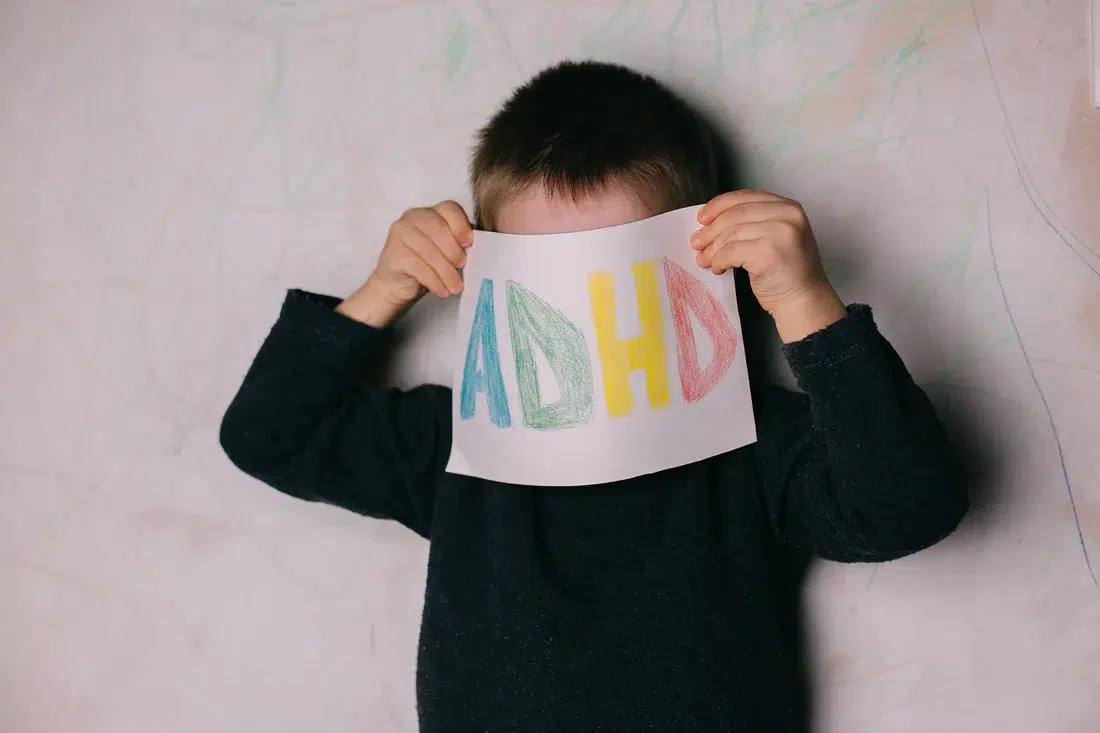




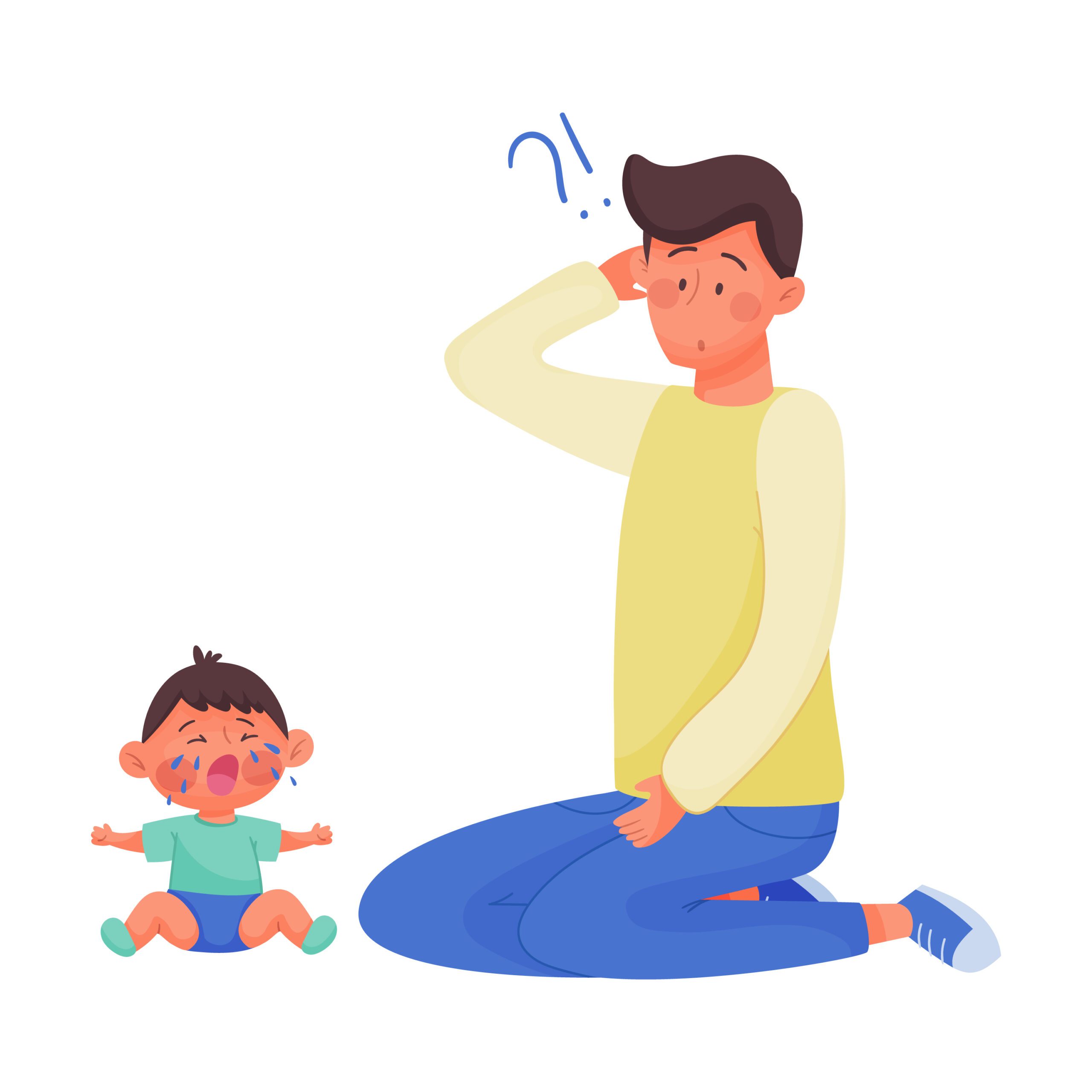
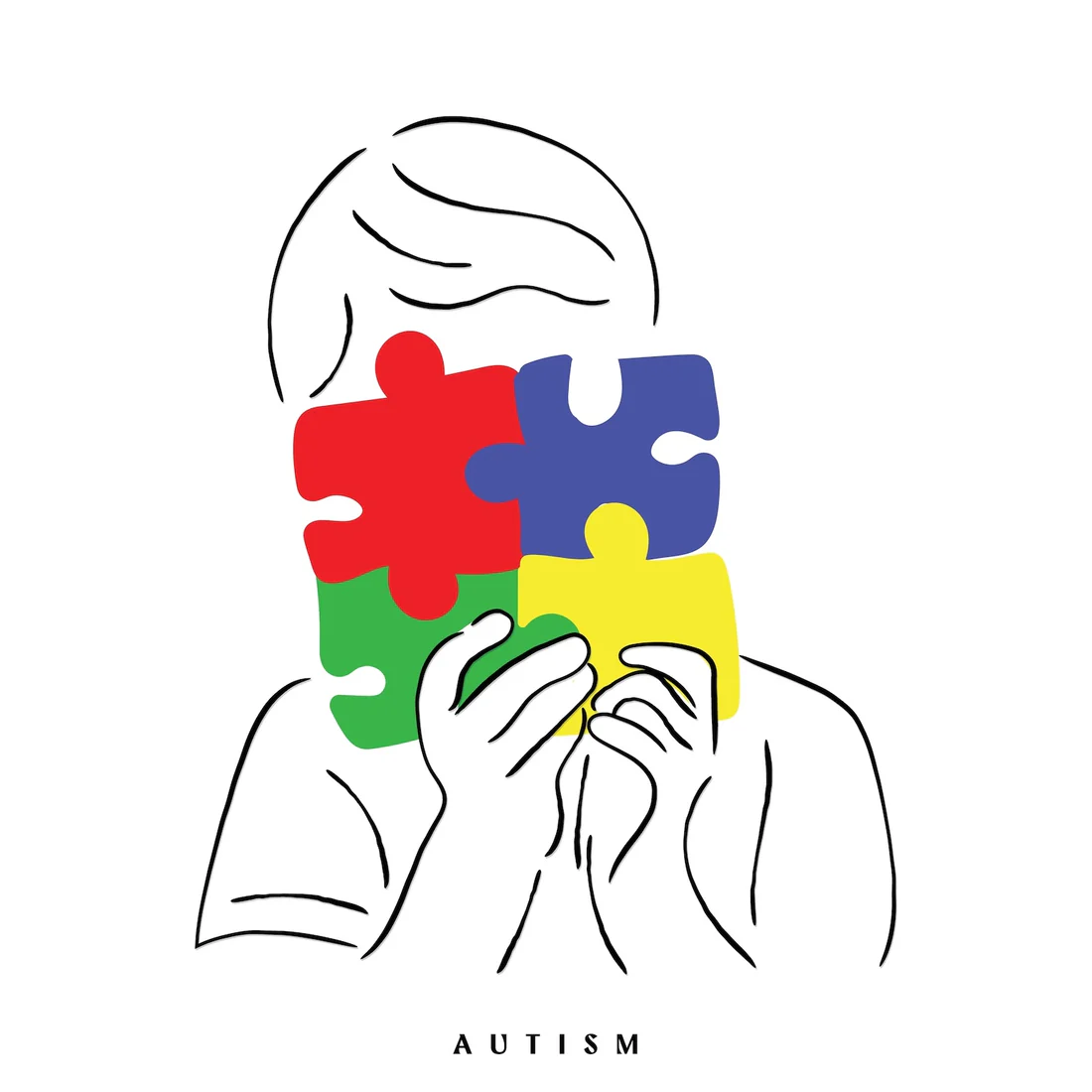
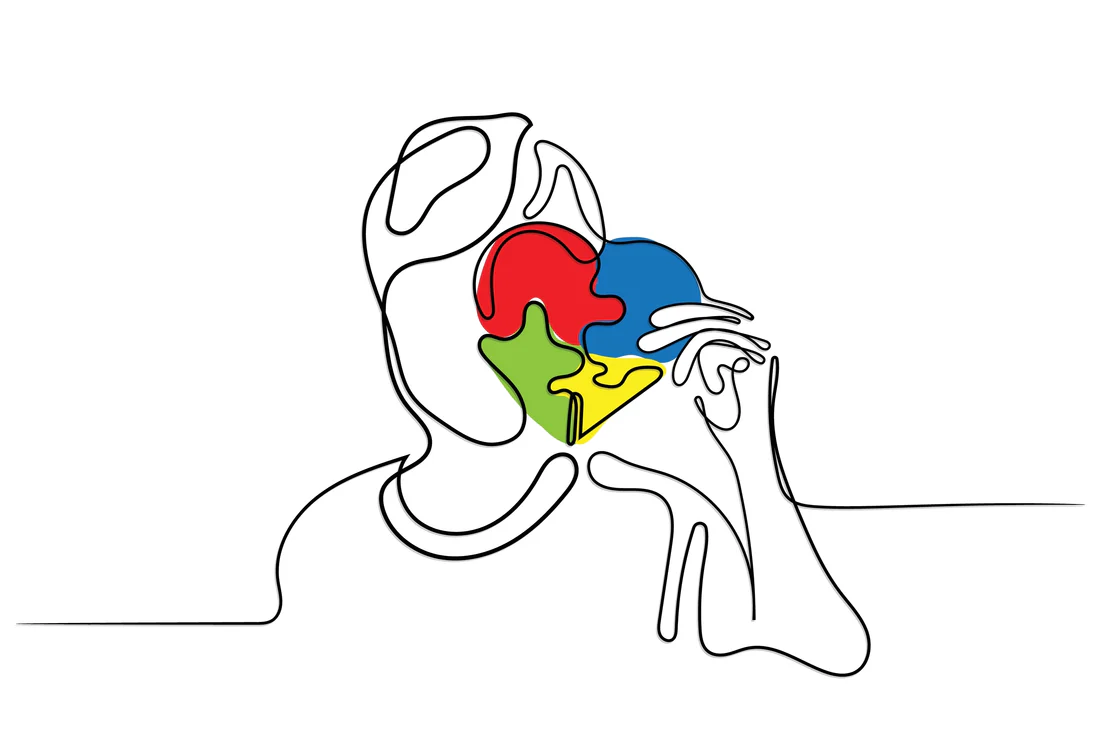










 Speech Therapy
Speech Therapy Physical Therapy
Physical Therapy Occupational Therapy
Occupational Therapy




